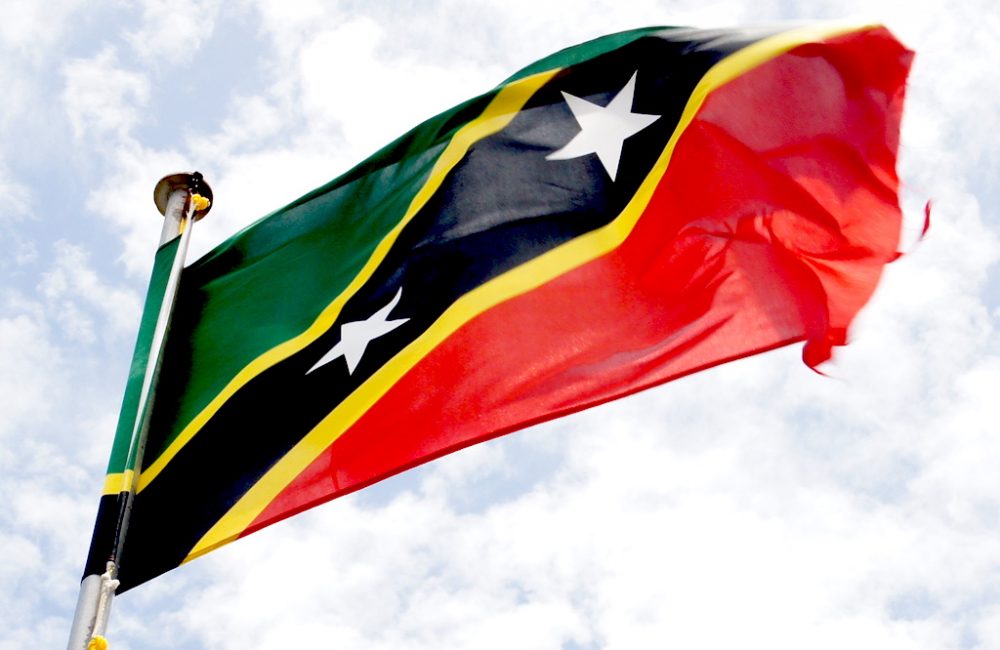The National Assembly of Saint Christopher and Nevis successfully passed the Extradition Bill, 2025, on Thursday, May 22, 2025. The Bill was crafted by AG Wilkins, aimed at preventing the twin-island Federation from becoming a safe haven for fugitives in fighting against transnational crime and commitment to international justice.
“Our current extradition law is outdated. It was written in 1946 when we were still under colonial rule. That changes today. The new Extradition Bill, 2025, is our opportunity to fix that colonial incomprehension.”
The Bill defines the extradition protocols for serious crime suspects, including murderers and drug traffickers, while protecting due process rights and human rights. The legislation establishes different efficient systems to process extradition requests from CARICOM member states, Commonwealth countries and other nations that have agreements with Saint Kitts and Nevis. It also protects against extradition in instances of political persecution and discrimination cases, and when fair trial standards are not achievable. The legislation permits expedited processes when specific criteria are met to maintain justice alongside procedural efficiency.
The Attorney General confirmed that the Bill’s enactment strengthens Saint Kitts and Nevis’ capabilities to combat transnational crime while safeguarding its Citizenship by Investment (CBI) Programme and affirming its dedication to global justice and security partnerships.
Cooperation
SKN currently cooperates with the following countries
- CARICOM
- Commonwealth countries
- United States (1996)
- China (2013)
Extraditable Offenses
The following are considered extraditable offenses under the new act of 2025.
- Murder of any degree.
- Manslaughter or culpable homicide.
- An offence against the law relating to abortion.
- Maliciously or wilfully wounding or inflicting grievous bodily harm.
- Illicit trafficking in drugs
- Illicit trafficking in firearms
- Assault occasioning actual bodily harm.
- Rape.
- Unlawful sexual intercourse with a female.
- Indecent assault.
- Procuring, or trafficking in, women or young persons for immoral purposes.
- Bigamy.
- Kidnapping, abduction or false imprisonment, or dealing in slaves.
- Stealing, abandoning, exposing or unlawfully detaining a child.
- Bribery.
- Perjury or subornation of perjury or conspiring to defeat the course of justice.
- Arson or fire-raising.
- An offence concerning counterfeit currency.
- An offence against the law relating to forgery.
- Stealing, embezzlement, fraudulent conversion, fraudulent false accounting, obtaining property or credit by false pretences, receiving stolen property or any other offence in respect of property involving fraud.
- Burglary, housebreaking or any similar offence.
- Robbery.
- Blackmail or extortion by means of threats or by abuse of authority.
- An offence against bankruptcy law or company law.
- Malicious or wilful damage to property.
- Acts done with the intention of endangering vehicles, vessels or aircraft.
- An offence against the law relating to dangerous drugs or narcotics.
- Piracy.
- Revolt against the authority of the master of a ship or the commander of an aircraft.
- Contravention of import or export prohibitions relating to precious stones, gold and other precious metals.
- Any offence under the Hijacking Act, Cap. 4.13 and any attempt to commit such offence.
- Money-Laundering.
- Terrorist Financing
- Proliferation Financing of the weapons of mass destruction.





